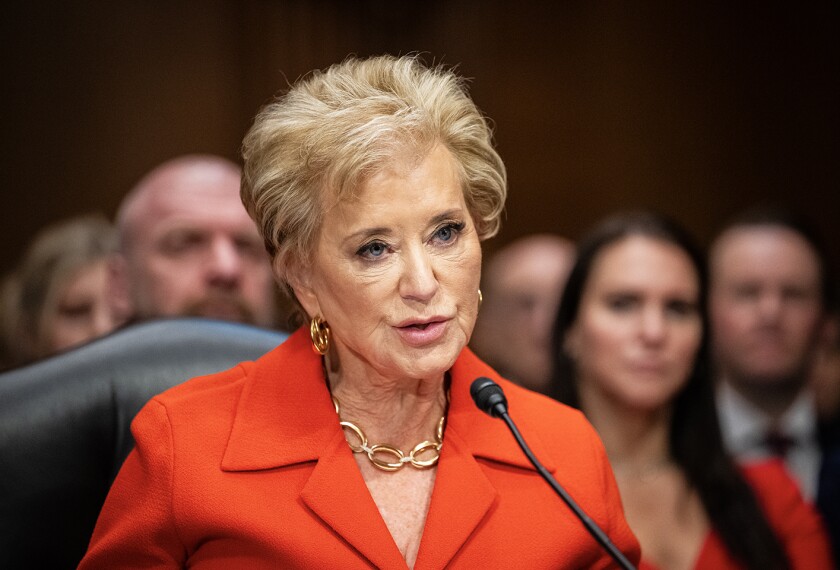Several years ago, I watched a colleague risk it all to open a restaurant. He had a solid business plan, loans to get him started, and worked hard to realize his vision. Sadly, it didn’t work—his ability to execute didn’t match his ability to imagine. His story is repeated in nearly half of all restaurants, and nobody is much surprised when it happens. Yet the same cannot be said of charter schools.
If the Obama administration and U.S. Secretary of Education Arne Duncan are intent on expanding charter schools, they might do well to pursue their aim in stages. Our recent study of charter schools in the District of Columbia and 15 states, where more than 70 percent of the nation’s charter students are enrolled, suggests that their place in the education reform constellation must be carefully charted. Secretary Duncan’s remarks at the National Alliance for Public Charter Schools’ conference June 22 reflect an understanding that charter schools cannot take for granted the support of the Obama administration; they must prove they are providers of high-quality education.
The first charter school opened in 1991, and the number of such schools has grown to exceed 4,600 today. They operate in 41 states, enrolling more than 1.4 million students. Charter schools are publicly funded but operate independently under a contract with authorizers—often local school boards—charged with their oversight. The basis of the contract is flexibility for accountability. But with that latitude must come strong academic performance; if a charter school falls short, it can close.
The good news in our study is that hundreds of charter schools are providing significantly better education outcomes for their students than the local traditional public schools. Even better, these schools meet and overcome the education challenges of students in poverty and those with limited English proficiency. They demonstrate that successful schools can be developed in all communities, boding well for the students who attend them, but also for the broader public school system with which their successes can be shared. To that end, our study finds that where states impose caps on the number of charters, students make slower academic progress when compared with those in states that have no caps. One thrust of the Obama administration’s charter school agenda—a call for the removal of caps—has empirical foundation and deserves support.
But encouraging growth in the number of charter schools cannot be the only focus of the administration’s efforts. Federal officials can take their lead from states such as Louisiana or Arizona that have gotten proactive about underperforming charter schools. In June, California also released a plan to close down the lowest 1 percent of underperforming charter schools in the upcoming school year. But in spite of these good examples, a troubling share of charter schools nationwide significantly lag behind their competitor public schools in the academic progress of their students. Over one-third of all charter schools have provided school choice at the price of academic rigor. To be fair, many of the underperformers are new schools that may still be working out their game plans, but the sobering fact is that many are older schools that remain open despite poor performance. It is to this group that the administration needs to direct attention and intention.
It is time to get serious about charter school quality. Charter school leaders and authorizers should embrace the quality discussion as a natural next phase of the movement. This means that in addition to reducing the barriers to entry, they must reduce the barriers to exit. Many authorizers find that the contracts they use are clearer about financial and operational requirements than on academic performance, and are left on uncertain and politically shaky ground when schools do not deliver academic results. Constrained capacity is certainly part of the problem—most authorizers have small staffs and little expertise. Vulnerability to parental and political pressure also factors into the equation.
One important contribution would be to promote clear and consistent performance measures and metrics that authorizers could rely upon to identify how well charters under their supervision fare. A second would be to provide clear and common-sense signals of school quality to parents so they can be better consumers of education options. Another is to increase the transparency of the decisions that authorizers make so that their actions are more open to observation. Encouraging greater consolidation of authorizers to achieve better scale could also help.
These no-cost measures could greatly assist in achieving the fundamental bargain of charter schools, and ensure that school choice means choosing quality.






